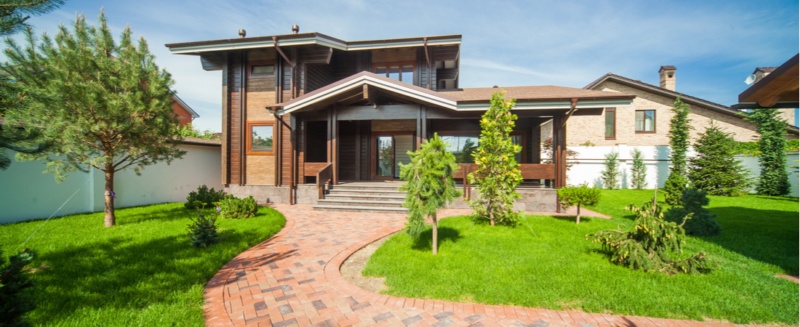Down payments have always been the greatest barrier to first time homebuyers—and, unfortunately, they still are.
For a brief period ten years ago, lenders marketed mortgages with no money down, which made it possible for buyers to circumvent the down payment requirements that would have kept them out of the market. When home values plummeted, these borrowers were some of the first to default. They had invested nothing in their home, and often showed a greater likelihood of simply walking away.
As a result, zero-money-down mortgages have virtually disappeared, and lenders know that a borrower who has little or no “skin in the game” is a higher default risk than a borrower who has put down a significant amount of money.
How to afford a down payment on a house
Today’s large down payment requirement can be a barrier to buying a home, but there are a few ways you can qualify for a loan without putting down 20 percent of the home’s sale price.
Federal Housing Administration (FHA) loans. The FHA’s guaranteed loan program requires only 3.5 percent down from most buyers, though these loans can be often be more expensive than conventional loans. In the past three years, the FHA has raised mortgage insurance premiums and tightened credit standards in an effort to avoid seeking government aid to cover deficits caused by defaults.
Gifts. You can ask your friends and relatives for help in the form of a gift. There may be caps on how big a gift you can accept, so it’s important to talk to your lender ahead of time.
In addition, your lender will want to ensure the gift is not actually a loan that needs to be repaid, as this could throw off your debt-to-income ratio and disqualify you from obtaining the mortgage. The gift-giver will have to sign a gift letter that states the relationship between the parties, the address of the purchased property, the amount of the gift, and (sometimes) the source of the funds used to make the gift. The letter also must clearly state that the funds are a gift and that the recipient does not have to repay them.
Down payment assistance. Take advantage of hyper-local assistance programs sponsored by your local or state housing finance agency. The programs, which often aren’t widely publicized, encourage buyers to settle down in a certain area by offering loans or grants to cover the cost of a down payment. Over 1,600 programs are available nationwide for buyers who qualify. Programs are local and qualifications vary, though most have income limits.
Many of these programs are workforce housing initiatives to encourage people such as law enforcement officers, firefighters, teachers, and nurses to live close to their work, while others are designed to attract young professionals to neglected neighborhoods. Some even provide down payments to encourage buyers to purchase and renovate foreclosures. Find out more about down payment assistance available in your community by visiting www.DownPaymentResource.com.
Steve Cook is executive vice president of Reecon Advisors and covers government and industry news for the Reecon Advisory Report. He is a member of the National Press Club, the Public Relations Society of America, and the National Association of Real Estate Editors, where he served as second vice president. Twice he has been named one of the 100 most influential people in real estate. In addition to serving as managing editor of the Report, Cook provides public relations consulting services to real estate companies, financial services companies, and trade associations, including some of the leading companies in online residential real estate.
[amazon_link asins=’1524763438,B01L17IOM6,B0000A1ZN1,B00ZZONACQ’ template=’ProductCarousel’ store=’thinkglink-20′ marketplace=’US’ link_id=’4e23057e-10f5-11e8-a227-a1d50148cce0′]






